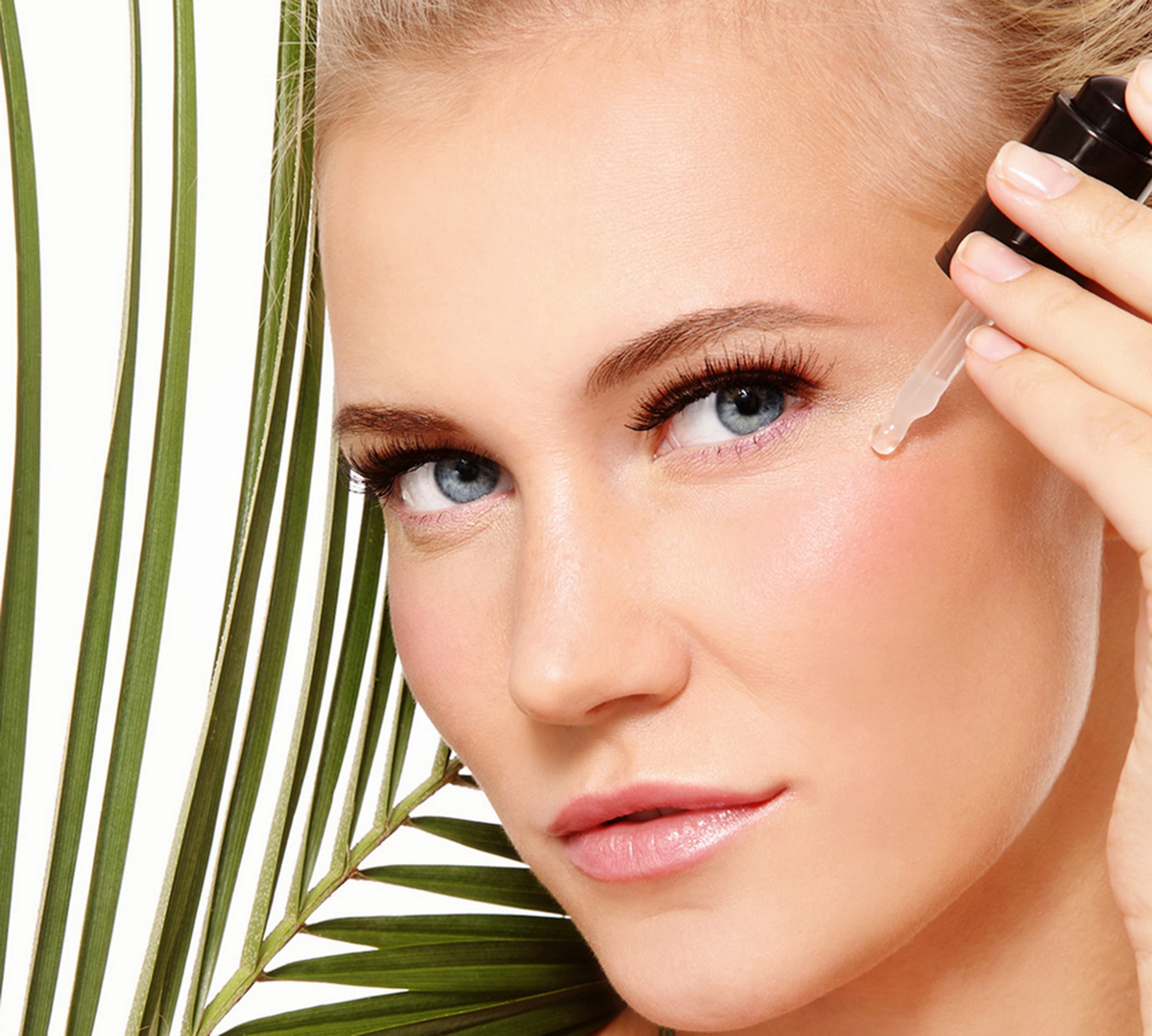Table of Contents
There are quite literally thousands of anti-aging products on the market. Everything from creams to serums, moisturizers to masks, oils to hydrating balms - there's even anti-aging products for your feet. But when do you need to start using them? How often should you use them? And do you really need to use anti-aging cream in your 20s? We find out!

Prevention is Better Than Cure
A vast amount of research has been done into aging. What causes it, what makes our skin sag, what causes wrinkles, what makes our skin seem duller- and the vast amount of research generally agrees that prevention is better than cure.
Most research agrees that smoking and too much sun exposure are the two primary factors that cause prematurely aging skin - so if you're a smoker in your teens and 20s, and if you spend too much time in the sun without the right amount of protection, your skin is more likely to age prematurely. It's really as simple as that. But if you don't smoke - or if you quit, and if you take the right steps to prevent skin cancer when you're in your early 20s and 30s, your skin will be bright and beautiful for much, much longer. Which means that you won't have to start using anti-aging creams in your 20s!
Healthy Diet = Healthy Skin
We've said this many times before, but the more effort you put into looking after yourself, the more you'll be rewarded in the form of smooth, youthful skin, shiny hair and strong nails. A healthy diet, rich in wholegrains, a wide variety of fruits and veggies, lean proteins and legumes literally nourishes your body from the inside out, giving your skin and hair a real glow.
Facial exercises can also help to tone the tiny muscles around the mouth and nose, which can help to fade fine lines and wrinkles.
See Also: A 5-Step Anti-Aging Beauty Routine for Mature Skin
Should I Use Anti-Aging Products Now?
We're not saying that you shouldn't use any anti-aging products in your 20s. But if you choose products that are too harsh, or that contain too many antioxidants (there is such a thing!) there is the risk that they could damage your skin further and increase your sensitivity to the sun. If your skin is actually more sensitive to the sun, it can increase sun damage - so using harsh anti-aging products in your 20s could actually increase the amount of wrinkles you develop later on. Skin care experts advise that you use a high-quality sun screen each day and if you think you need any extra help, a moisturizer with antioxidants could do the job nicely.
Choose a suitable moisturizer based on your skin type. Opt for lightweight, oil-free options for normal to oily skin and richer formulas for dry or combination skin. Prioritize moisturizers with SPF for daytime use and those with ingredients like hyaluronic acid, ceramides, and antioxidants. Apply consistently day and night, and consider consulting a dermatologist for personalized recommendations.
In your late 20s, you may begin introducing a mild retinol product into your skincare routine. Retinol is a form of vitamin A that can help stimulate collagen production, improve skin texture, and reduce the appearance of fine lines. Start with a low concentration and use it sparingly, as it can be drying and cause sensitivity. Use it in the evening and apply sunscreen during the day when using retinol.
- www.stylelist.com/read/top-9-9-truth-behind-anti-aging-creams-when-you-should-start-and-what-use/
- www.webmd.com/beauty/aging/anti-aging-skin-products-for-young-people
- www.womenshealthmag.com/beauty/best-anti-aging-cream
- www.glamour.com/lipstick/2010/08/anti-aging-skincare-read-this-and-youll-never-need-plastic-surgery
- Photo by shutterstock.com
- Photo courtesy of sakura_chihaya+ by Flickr : www.flickr.com/photos/sakura_chihaya/2309371605


Your thoughts on this